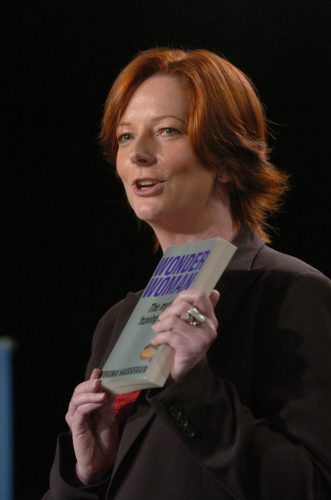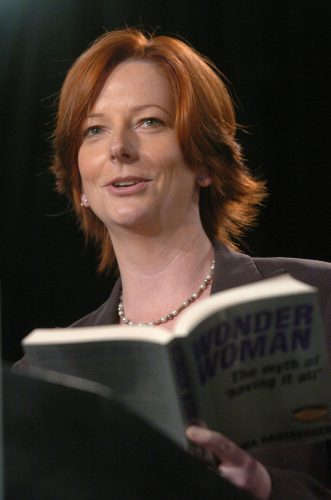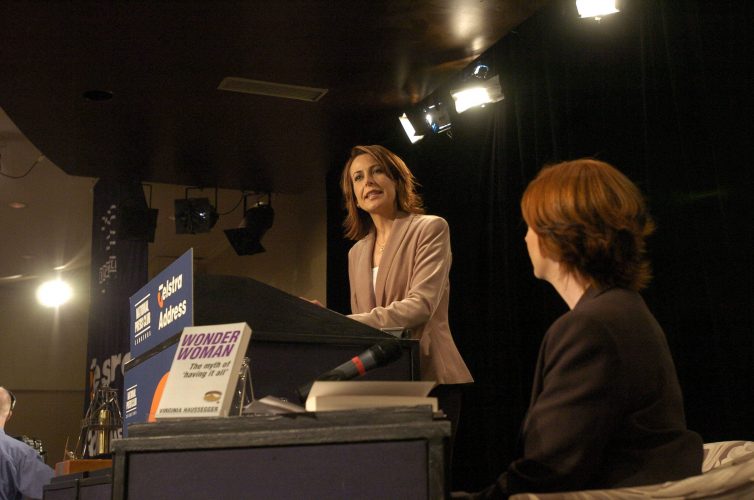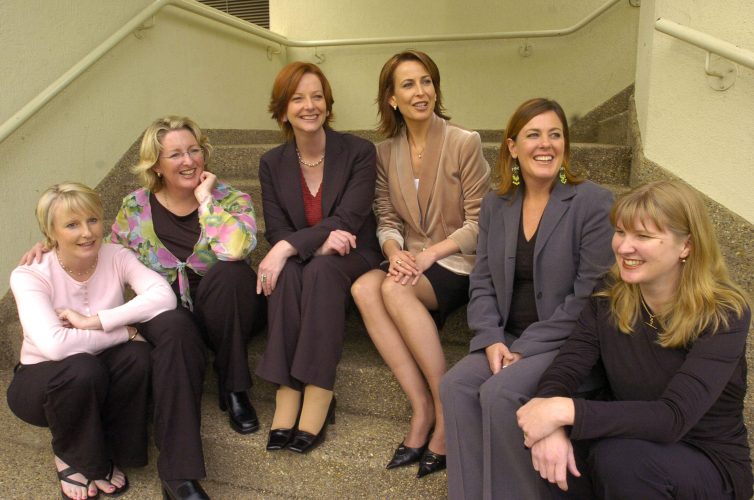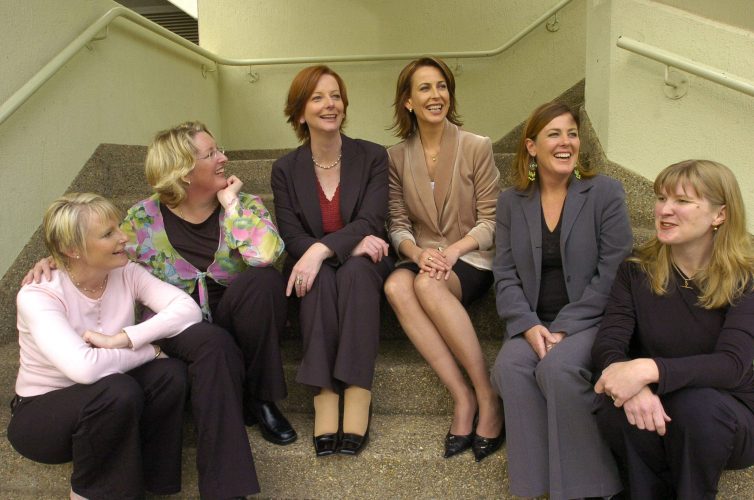There are myriad reasons why Asmi Wood might feel angst about his complex roots. The Arab-speaking Torres Strait Islander, who looks like Tom Cruise and is an Islamic convert (having fallen in love with a Muslim woman) – and who also happens to be a lecturer in Law at the ANU – found himself trying to explain his identity to a disbelieving customs official in the Middle East recently.
But Asmi doesn’t feel any angst.
During a discussion on Australian citizenship at Manning Clark House last weekend, Asmi had the audience in fits of laughter. While most of us ruminated on the vexed issues of ”values” and ”identity”, Asmi couldn’t quite see what all the fuss was about. He grinned and shrugged as he told the crowd, ”I know who I am. And it really surprises me that other people don’t know who they are.”
We all laughed at the ordinariness of the sentiment. It was such an untangled and uncomplicated expression of self. Yet it was an exquisite moment that highlighted how the seemingly ordinary can in fact be quite extraordinary.
But I doubt former prime minister John Howard understood that when he set out to make ”ordinariness” a national virtue. Howard repeatedly championed the plight of ”ordinary people”, as if being plain ”ordinary” was an Aussie character trait we should all emulate. By the time last year’s election campaign came around, ”ordinariness” had become akin to ”godliness”. To be ordinary not only made you a ”somebody”, it gave you cultural relevance.
Despite a change of government, the fond fixation on ”ordinary” continues. Kevin Rudd refers to ”ordinary Australians” and has his other favourite Aussieism, ”working families” – for political purposes, they seem to be one and the same.
Given all that, is it any wonder so many Australians tend to refer to themselves as ”ordinary”, ”average” and ”normal”.
”I’m just an ordinary mum,” one woman tells me, as if apologising for something. ”I’m an ordinary kind of guy,” says another, anxious to demonstrate some kind of ”sameness” with everyone else.
But is our determination to be ordinary achieved at the expense of what it is to be extraordinary? In conforming to this national preoccupation, are we forfeiting a more exhilarating part of ourselves? What’s so wrong with wanting to claim a right to be more than ordinary? Particularly when we know that beneath the apparent ”ordinary” is potentially something quite extraordinary. As Asmi is testament to.
Perhaps the Australian preoccupation with presenting ourselves as ”ordinary” is much like our desire to appear to be ”happy”: there is a certain safety in it.
And there is no doubting Australians’ love of ”happiness”. When asked to rate personal life satisfaction from zero to 10, the average Australian says eight, indicating a very high level of national happiness. And in that, we’re not alone.
In the United States, a recent poll conducted by the Pew Research Centre found that 85 per cent of Americans believe they are ”very happy or at least pretty happy”. It’s a particularly high figure, which could mean one of two things. Either the 708,386 self-help books available in the US on how to be happy are well read; or there is a certain inauthenticity in that claim.
My guess is it’s the latter. American author Eric Wilson says his countrymen ”have been duped by the American craze for happiness”.
For anyone who has ever allowed themself to wallow in the blues – even for a bit – Wilson’s book Against Happiness: In Praise of Melancholy makes for joyful reading. Wilson believes that too much happiness ”breeds blandness”. And that American culture has become so obsessed with being happy and positive that there is widespread disregard for the ”value of sadness”. He’s of the view that sadness, and its inherent ”agitation of the soul”, is what seeds our creative yearnings and ambitions: and from such melancholy or painful beginnings, rich fruit will grow.
Wilson reckons we’ve become ”brainwashed into believing that our sole purpose on this earth is to be happy”. He marvels at how melancholy ”shocks us to life”. It’s a world view that suggests personal suffering should be appreciated as a useful and energising part of the human experience.
Ultimately, Wilson is advocating an authenticity of emotion. What he sees in America right now is an increasing fear of appearing anything but happy: ”Most hide behind a smile because they are afraid of facing the world’s complexity, its vagueness, its terrible beauties.”
For most of us, to say we’re happy most of the time reeks of inauthenticity. But it’s not surprising that an appearance of happiness is also seen as some kind of ideal.
If only every person who claims to be ”ordinary” could re-pitch themselves as ”extraordinary”. And the melancholic could be free to feel glad they are sad. Imagine what a richer, more interesting place this could be.
